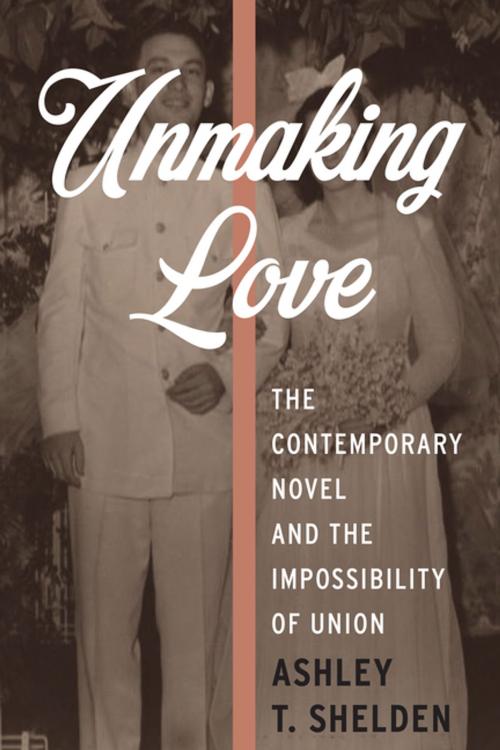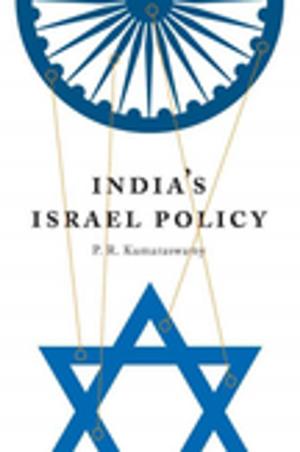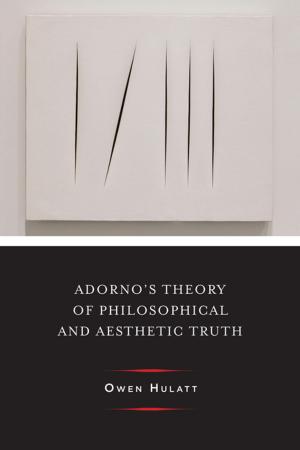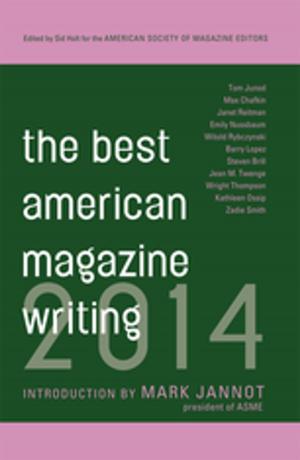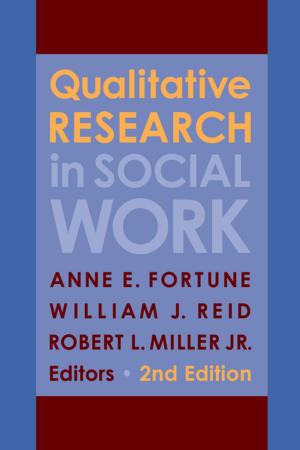Unmaking Love
The Contemporary Novel and the Impossibility of Union
Fiction & Literature, Literary Theory & Criticism, Gay & Lesbian, European, American| Author: | Ashley Shelden | ISBN: | 9780231543156 |
| Publisher: | Columbia University Press | Publication: | January 10, 2017 |
| Imprint: | Columbia University Press | Language: | English |
| Author: | Ashley Shelden |
| ISBN: | 9780231543156 |
| Publisher: | Columbia University Press |
| Publication: | January 10, 2017 |
| Imprint: | Columbia University Press |
| Language: | English |
The contemporary novel does more than revise our conception of love—it explodes it, queers it, and makes it unrecognizable. Rather than providing union, connection, and completion, love in contemporary fiction destroys the possibility of unity, harbors negativity, and foregrounds difference.
Comparing contemporary and modernist depictions of love to delineate critical continuities and innovations, Unmaking Love locates queerness in the novelistic strategies of Ian McEwan, Zadie Smith, Hanif Kureshi, Alan Hollinghurst, and Hari Kunzru. In their work, "queer love" becomes more than shorthand for sexual identity. It comes to embody thwarted expectations, disarticulated organization, and unnerving multiplicity. In queer love, social forms are deformed, affective bonds do not bind, and social structures threaten to come undone. Unmaking Love draws on psychoanalysis and gender and sexuality studies to read love's role in contemporary literature and its relation to queer negativity.
The contemporary novel does more than revise our conception of love—it explodes it, queers it, and makes it unrecognizable. Rather than providing union, connection, and completion, love in contemporary fiction destroys the possibility of unity, harbors negativity, and foregrounds difference.
Comparing contemporary and modernist depictions of love to delineate critical continuities and innovations, Unmaking Love locates queerness in the novelistic strategies of Ian McEwan, Zadie Smith, Hanif Kureshi, Alan Hollinghurst, and Hari Kunzru. In their work, "queer love" becomes more than shorthand for sexual identity. It comes to embody thwarted expectations, disarticulated organization, and unnerving multiplicity. In queer love, social forms are deformed, affective bonds do not bind, and social structures threaten to come undone. Unmaking Love draws on psychoanalysis and gender and sexuality studies to read love's role in contemporary literature and its relation to queer negativity.
